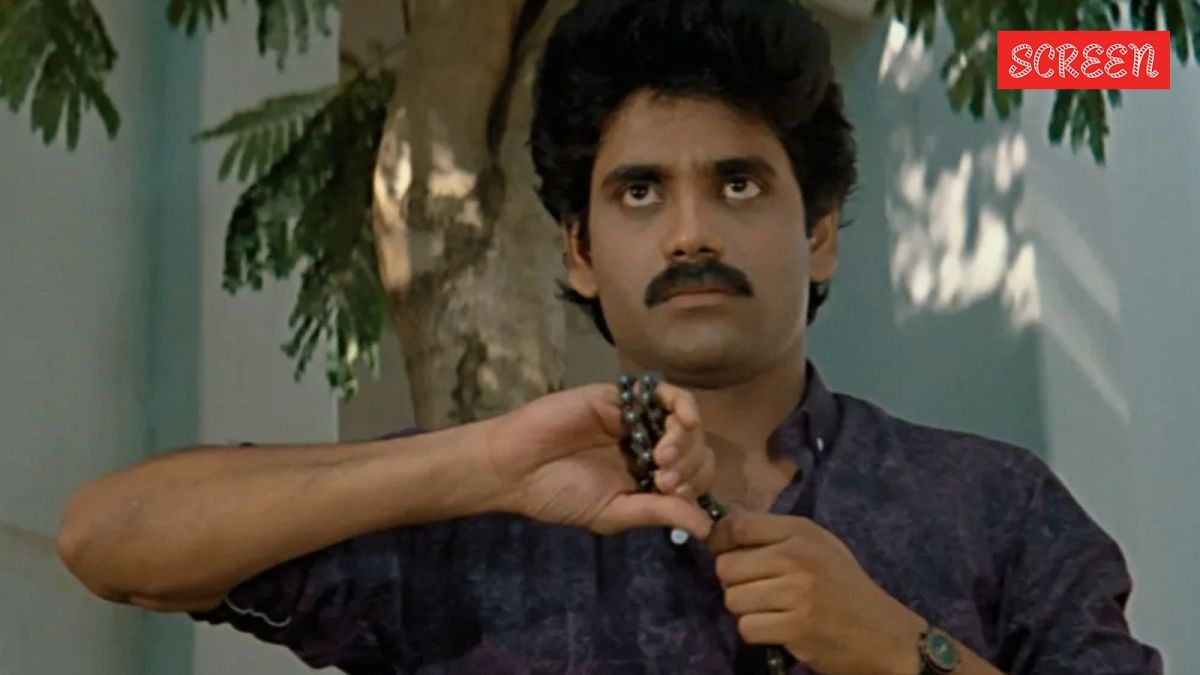Click here to follow Screen Digital on YouTube and stay updated with the latest from the world of cinema.

When people think of Ram Gopal Varma, titles like Satya, Company, and Rangeela often come to mind. These movies cemented his reputation as a pathbreaking filmmaker, and even today, they remind audiences of the daring auteur he once was. But before Sarkar, Bhoot, or Kaun, there was Shiva, his directorial debut starring Nagarjuna, a film that redefined his career and introduced a new kind of rage reminiscent of Amitabh Bachchan’s “angry young man” era, set against a backdrop of corruption and power.
As Shiva marks its 36th anniversary, RGV is preparing for the film’s re-release. Ahead of the release, he took to X (formerly Twitter) to share a heartfelt reflection on how, after all these years, he has finally come to understand the essence of his iconic protagonist in Shiva. “After 36 years, I finally understood the character of SHIVA. As a 26-year-old, I wrote the character of SHIVA out of instinct, and now at 62, as I kept on rewatching it to prepare it for its re-release, I now understood it from maturity,” he confessed.
Drawing a contrast with modern heroes, RGV elaborated: “He’s not a rebel in appearance, but in spirit. His rebellion is internal — a constant clash between his calm exterior and the storm of principles inside him. Every time he raises his hand, it’s never out of aggression, but necessity. He knows violence is destructive, but when faced with tyranny, he sees it as the only language oppressors understand.” Delving further into Shiva’s psychology, he wrote: “He doesn’t seek confrontation; he becomes confrontation when injustice crosses his line. And that line isn’t drawn in blood or revenge but it’s drawn in principle. Shiva cannot tolerate the sight of submission. When he sees people cowering before thugs or politicians, something in him hardens — not out of superiority, but because he feels it’s a betrayal of human dignity.”
Finally, Ram Gopal Varma reflected on Shiva’s understanding of power: “Shiva doesn’t hate power… he hates how power is misused. He knows that every system, whether a college or a government, runs on control. But his defiance isn’t anarchic; it’s moral. He believes that power should serve dignity, not dominate it. That’s why both criminals and politicians fear him — because he can’t be manipulated. You can threaten his life, but not his sense of self. And due to that, he becomes more dangerous than any weapon.”
RGV also shared that people admire Shiva because he lives with the courage they wish they had, and that’s why the character remains timeless.
Shiva is set to re-release on November 14. Meanwhile, on the work front, Ram Gopal Varma is collaborating with Manoj Bajpayee on a horror comedy titled Police Station Mein Bhoot.
Click here to follow Screen Digital on YouTube and stay updated with the latest from the world of cinema.